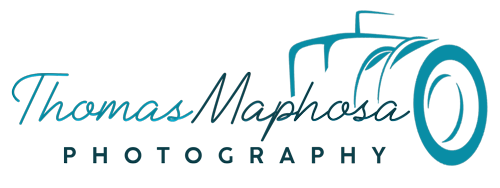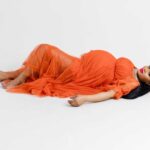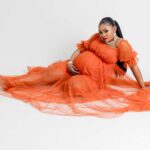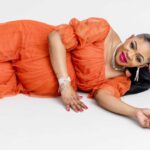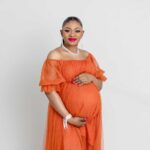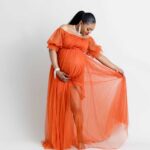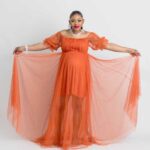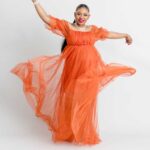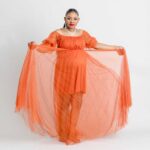Which camera is right for me?
I am sharing my personal experience with the hope that I can help someone who is considering taking up photography either as a hobby or profession. These are ideas I wish I knew when I started.
My first camera was a Sony a200 back in the day. The images were nice and sharp for its specifications. However, I decided to swap it for a Canon 1100d with video capability in less than four weeks. As a hobbyist, this camera served me well and I still have it to this day. As I would eventually find out, my equipment was progressively limiting my ability to acquire more skills. I wanted to get out of the auto mode and understand camera functions better. My entry level camera was just inadequate.
Some will argue that with the requisite skills and knowledge, you can use any camera and capture amazing images. While this is true, you would have to work more than twice as hard to achieve less than half of the quality that appropriate equipment will effortlessly give you.
It was time to upgrade to the Nikon D7100. The auto focus of this camera is brilliant. It has a 24 .1 MP APS-C sensor and a 3.2 Inch LCD. The ISO performance in low light is superb and the image quality is exceptional. I still miss this camera to this day. The only reason I upgraded to the D7200 is wireless connectivity.
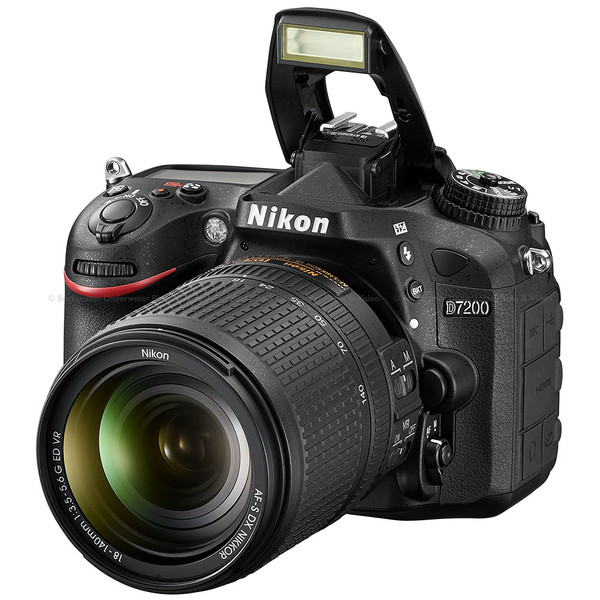
It became more and more apparent that the APS-C sensor on the Nikon D7200 was struggling in low light. I was not getting the results I wanted with the consistency that I demanded. My solution was to upgrade and I naturally picked the Nikon D750. When budget is the issue, it is difficult to settle for exactly what you want. As I found out, I had to work hard to save money if I wanted to achieve results. It is always about compromises. I was tempted to switch to the Canon 5D as it had very good reviews but because I had acquired a collection of prime lenses, this was not an option.
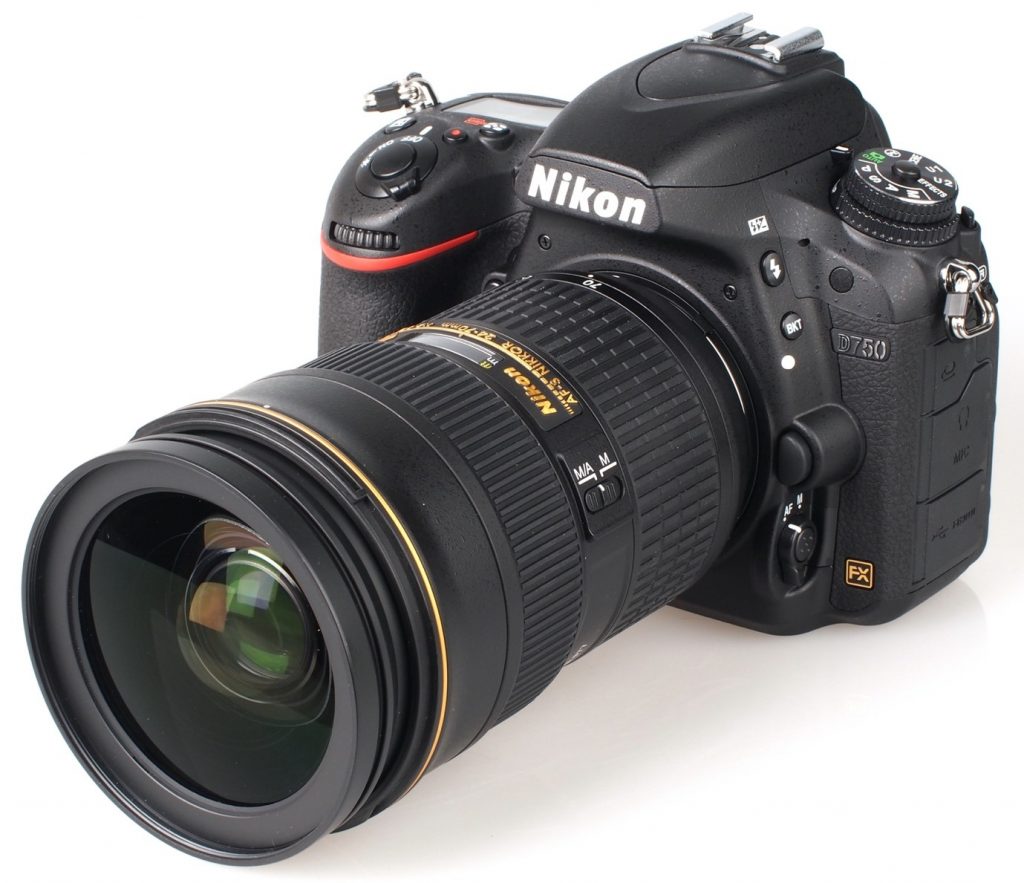
The Nikon D750 has the following specifications among others:-
-24 MP CMOS sensor (with AA filter)
-Flip up/down 3.2” 1 229k-dot RGBW LCD screen
-6.5 fps continuous shooting
-51 -point Multi – CAM 3500FX II AF system
-91000 pixel RGB metering sensor with face detection and spot -metering linked to AF point
– 2 SD card slots
-Wi Fi connectivity
I would not trade my Nikon D750 for anything. Since I started using full frame cameras my workflow has been seamless. I shoot raw and the image quality I get is exceptional each time. Due to studio needs and work projects, I have added two camera bodies to my equipment. These are Nikon D4 and the Nikon D500.
Nikon D4 Main Features
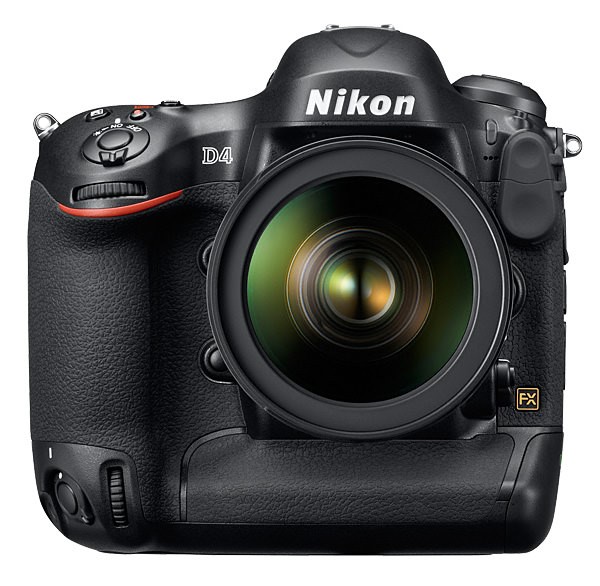
- 16MP – Full frame CMOS Sensor
- ISO 100 – 12800( expands to 50-204800)
- 3.2″ Fixed Type Screen
- Optical (pentaprism) viewfinder
- 11 fps continuous shooting
- 1920 x 1080 video resolution
Nikon D500 Main Features
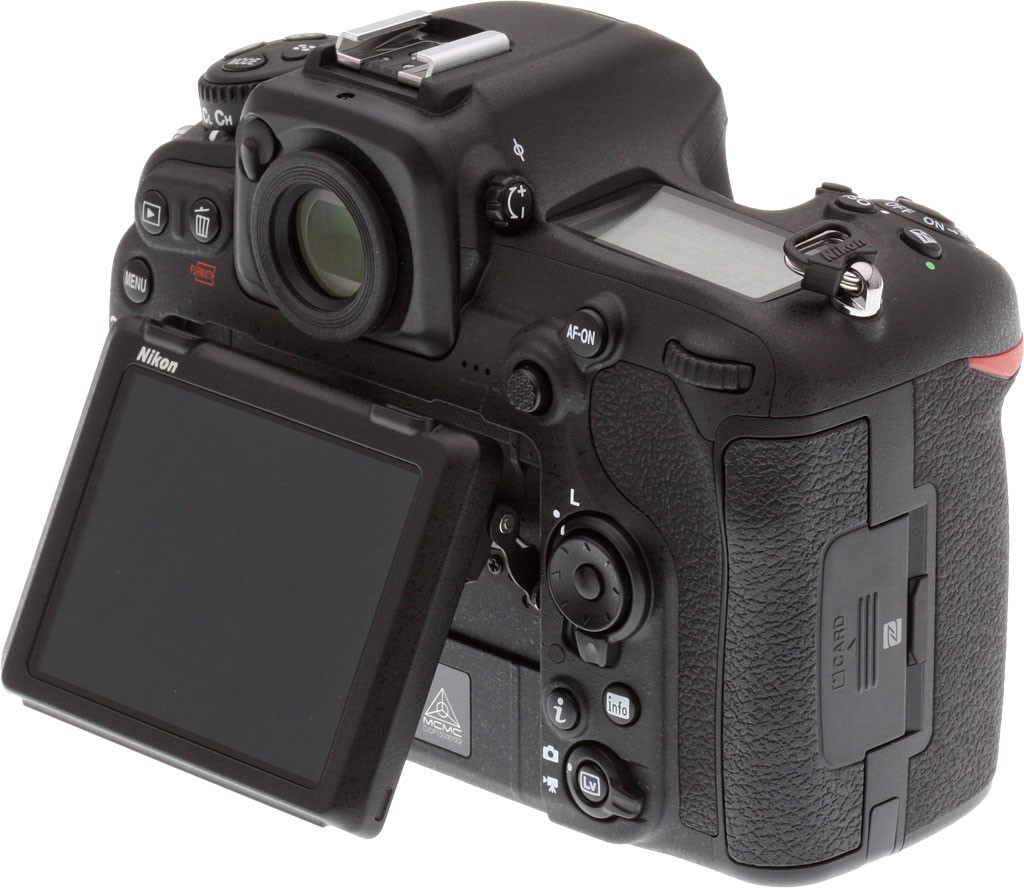
- Weather Sealed Body
- 20.7MP APS-C (DX-format) sensor
- 153 point AF module with 99 cross-type points
- 180,000 pixel RGB sensor for metering and subject recognition
- AF point joystick
- 10 fps shooting for up to 200 shots (lossless compressed 14-bit Raw to XQD card)
4K (UHD) video from 1.5x crop of sensor
- 100% coverage viewfinder with 1.0x magnification
- 2.36M-dot tilting touchscreen display
- Wi-Fi and Bluetooth connectivity with NFC for setup
- Mic and headphone sockets
- USB 3.0 connector
- Anti-flicker option for working under artificial lighting
Unfortunately, I lost the Nikon D4 to accidental damage at the beach during a shoot. I have since replaced it with the Nikon D810. I would have loved to buy the D5 but obviously I cannot afford it at the moment.
Nikon D810 Main Features
- 36MP – Full frame CMOS Sensor
- No Optical low-pass (anti-aliasing) filter
- ISO 64 – 12800( expands to 32-51200)
- 3.2″ Fixed Type Screen
- Optical (pentaprism) viewfinder
- 5 fps continuous shooting
- 1920 x 1080 video resolution
- 980g. 146 x 123 x 82 mm
Weather Sealed Body
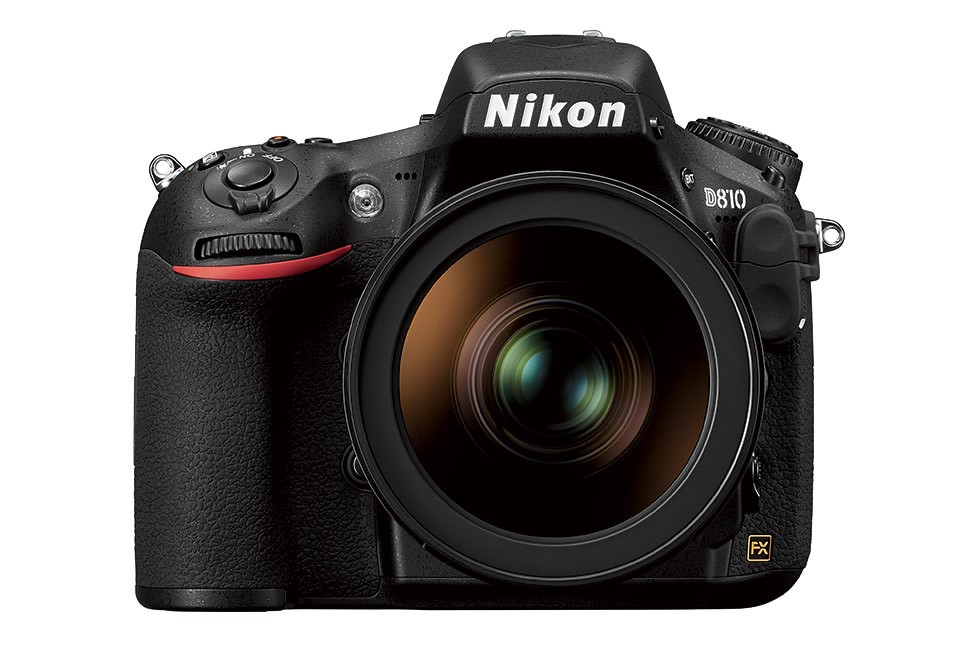
The question is, am I going to upgrade from my current equipment?
I always strive to provide my clients with the best equipment that my budget will allow. So Yes, I will seriously consider acquiring more modern equipment. Maybe its time to venture into mirrorless cameras. Only time will tell.
In summary therefore, your level of expertise will determine what sort of camera will suit your needs. If you are a beginner hobbyist, an entry level DSLR will suffice. Simillarly if you are a student or semi professional, you will need a decent camera for your projects. Just be sensible about your decision, otherwise you will end up stuck with equipment you do not need. Remember, once you acquire equipment, it is difficult to swap it for something else without losing large sums of money.
I do not believe that some brands are better than others, I only care about the specifications- what the camera can do to make my job easier and more efficient.
Until next time, keep shooting.
